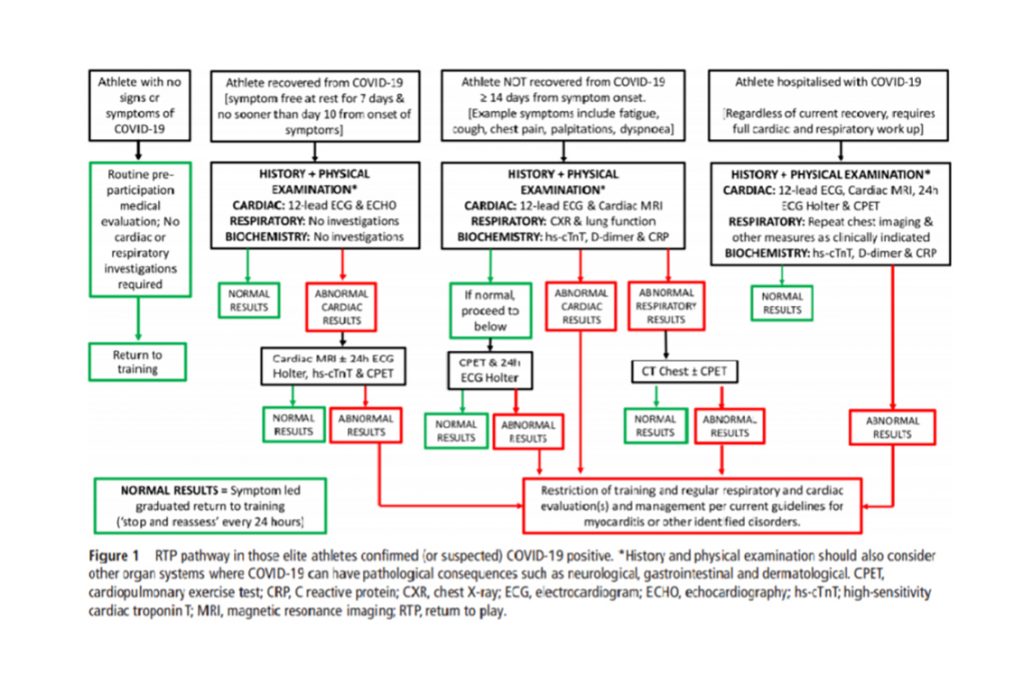
The Aquatic Sports Association of Malta has allocated substantial resources to ensure the well-being of its athletes, the governing body of aquatic sport said in a statement.
The ASA said that their campaign is driven by the importance for athletes to be better informed and educated on the importance of being fit to participate in competitions through the pre-participation screening and evaluation of the athlete’s cardiovascular health.
The Aquatic Sports Association has sought expert advice in the light of the pandemic, to advise those athletes with a confirmed positive episode of COVID-19 to undergo clinical evaluation.
“The COVID-19 pandemic has brought on new challenges,” the ASA said in a statement.
“Multi-systemic involvement is known to take place in those affected by COVID-19, independent of their age and/or athletic ability. The evidence and recommendations are constantly evolving.
“On behalf of the ASA, the responsibility of the medical committee is to ensure a safe return to sport for athletes with a history of COVID-19.”
The ASA said that to achieve this objective, “a pragmatic, comprehensive and reasonable clinical evaluation is a must”.
“Sudden cardiac death in sports is a reality which we cannot undermine. Myocarditis is the commonest acquired cause for death in young individuals and is known to be one of the sequelae of COVID-19 cardiac involvement,” the ASA said.
“Thromboembolism and pulmonary infiltration are other important COVID-19 complications. Data pertaining to non-COVID-19 illness strongly suggests that proarrhythmic remodelling can take place in athletic individuals who do not allow sufficient time for recovery.
“This is even more important in scenarios when athletes have succumbed to a viraemic/bacterial illness.
“Athletes suffering from myocarditis are in fact not allowed to engage in high intensity physical activity and competitive sport for 3-6 months from the index event.”
The ASA said that the data that is available is based on expert consensus statements. Most sporting bodies advise a more advanced evaluation prior to clearance for competitive sports.
“The sinister lifelong implications for athletes succumbing to myocarditis is the main driving force towards the published document,” the ASA said.
“The nature of all aquatic disciplines may pose a higher risk for athletes with cardiac involvement. Athletes often keep training at home, despite being advised not to, not allowing sufficient time to recover. All these factors highlight the importance of rigorous testing.
“We are mindful that the evaluation proposed by LEN was far more comprehensive. This included high resolution CT of the chest and cardiopulmonary exercise testing, along with other tests.
“To strike a balance, the medical committee felt that a review, ECG, echocardiogram, blood tests and lung function test reached a compromise. The committee has opted to make use of the algorithm published Wilson et al. (2020), whilst also considering international recommendations.

“This will allow the team physician to confidently rule out cardiac/respiratory involvement whilst also reassuring there is no residual systemic inflammatory response.”
The ASA said that the clearance form and secondary evaluation is considered obligatory for all athletes registered for national or international competitions.
“This shall ensure the well-being of the athlete. The committee is more than willing to discuss any concerns which may arise,” it said.
“With regards to concerns about cost implications, the medical committee would like to draw attention that aquatic athletes may be referred to the Sports Cardiology Clinic at Mater Dei Hospital for a post-COVID evaluation.”

World Cup News
-


FIFA World Cup
/ 6 days agoUruguay end winless run with dramatic late win over Colombia
Manuel Ugarte grabbed a dramatic last-gasp winner as Uruguay ended a five-match winless streak...
By AFP -


FIFA World Cup
/ 7 days agoArgentina fall in Paraguay, Brazil held in Venezuela
World champions Argentina suffered a 2-1 defeat to Paraguay while rivals Brazil were held...
By AFP -


FIFA World Cup
/ 1 month agoLenovo become FIFA’s World Cup ‘technology partner’
Chinese technology company Lenovo have signed a sponsorship deal with FIFA that covers the...
By AFP -


FIFA World Cup
/ 3 months agoVinicius says Spain should lose 2030 World Cup unless racism declines
Brazilian striker Vinicius Junior has called for Spain to be stripped of its 2030...
By AFP

English football
Guardiola signs new two-year Manchester City contract

English football
Pop-star Ed Sheeran helped Ipswich transfer deal

English football
Chelsea’s James hit by fresh injury blow

More sports
Returning Vonn targets St Moritz World Cup races

English football
Leicester’s Fatawu to miss rest of season after Ghana injury


































